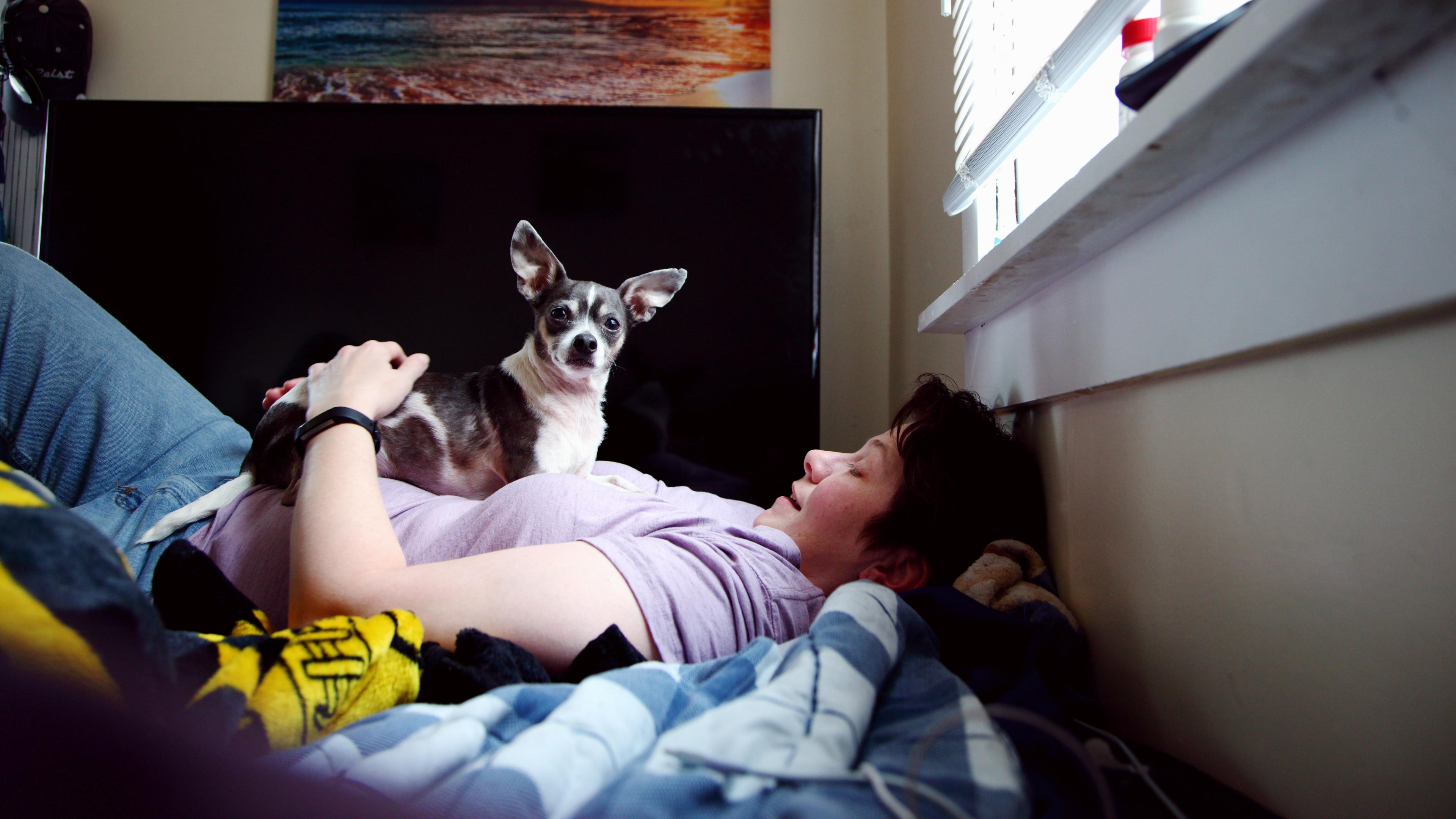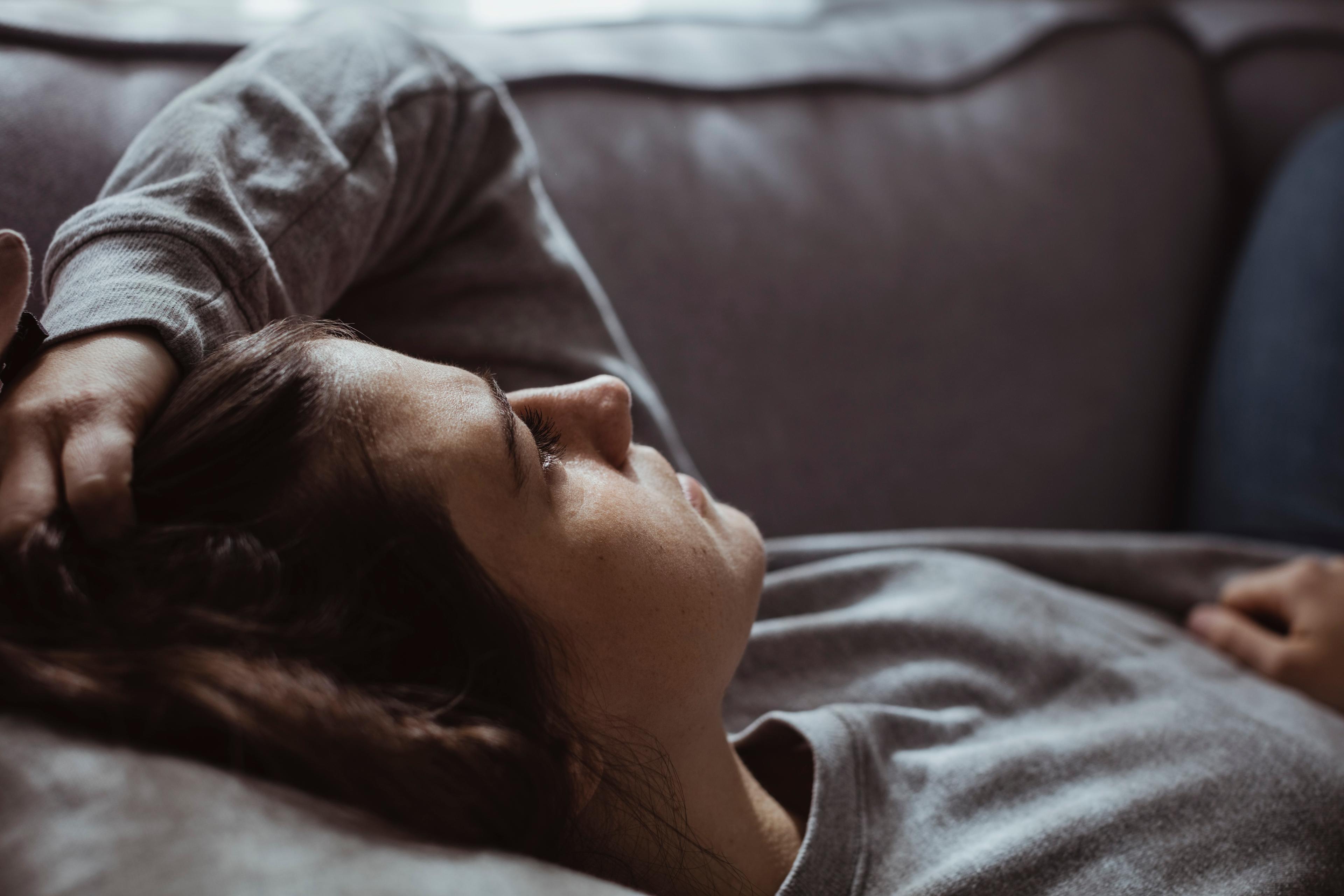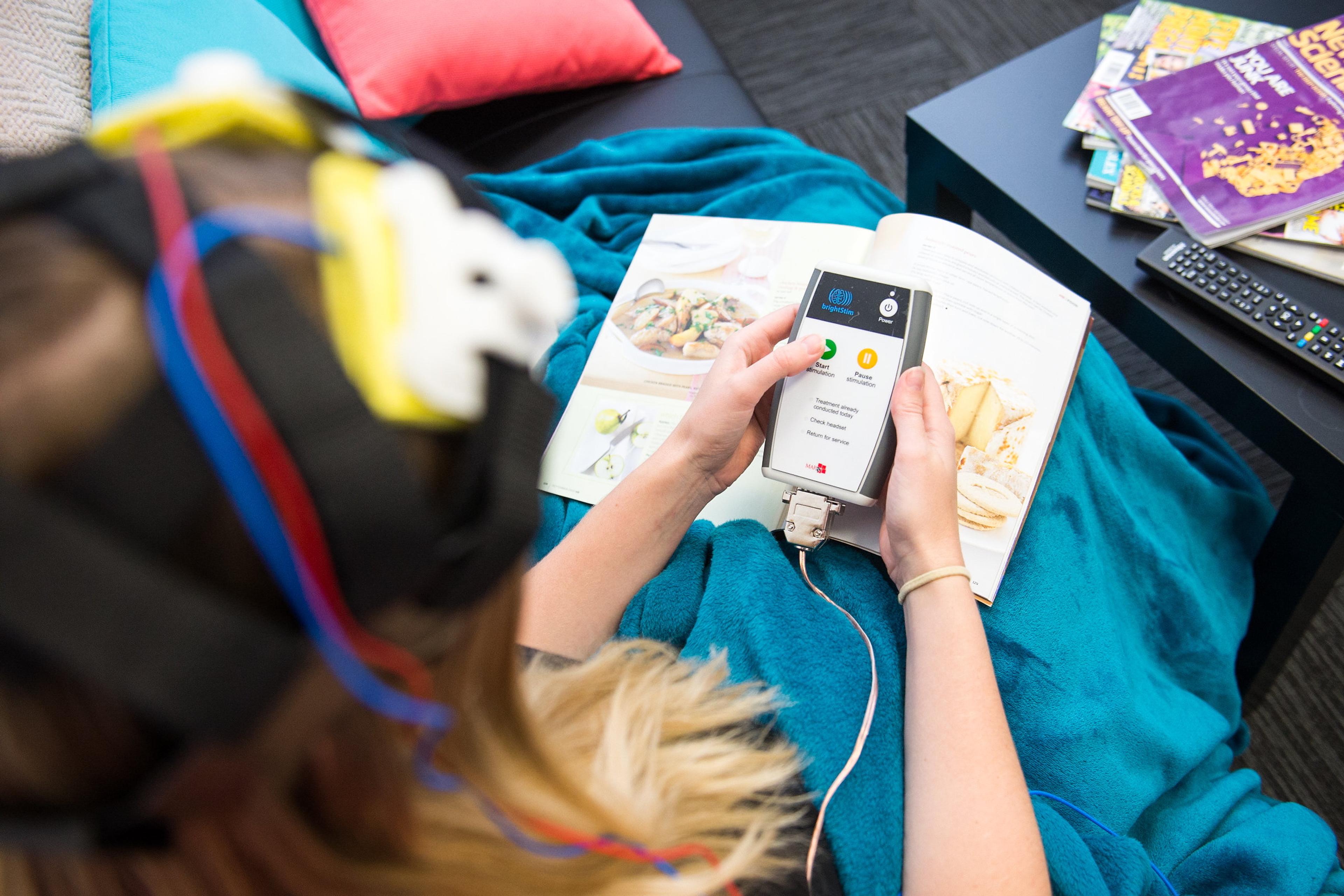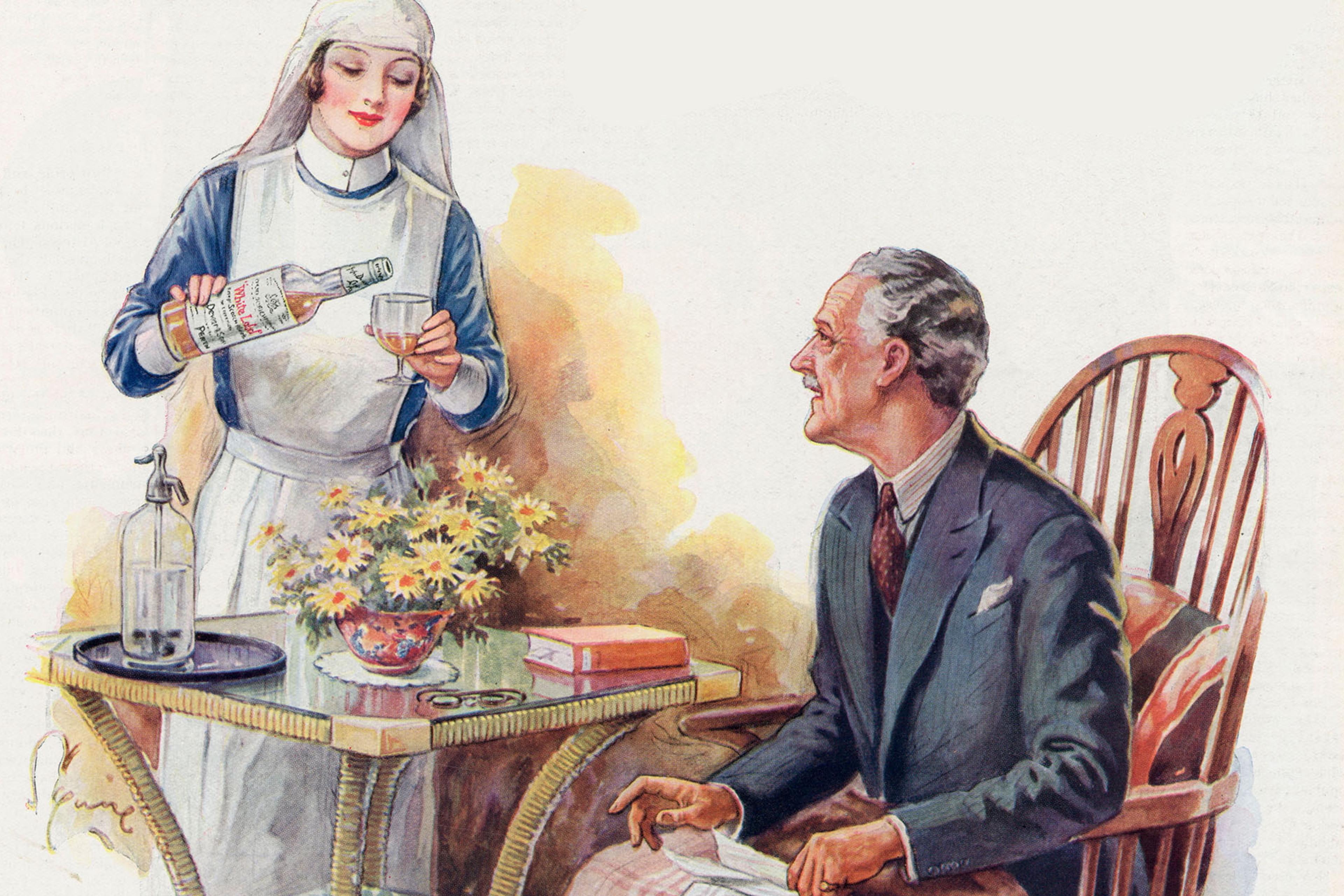Imagine you’ve just returned home from an appointment with your family doctor. You told her how you’ve spent the past few months in a daze – barely sleeping, barely eating and unable to feel excited about anything in life. She suggested you might be clinically depressed and could benefit from antidepressants. This is exactly what you’d feared. You want the cloud to lift, but you don’t want to take antidepressants either.
Your doctor explained there’s strong evidence suggesting that the drugs work, and that she’s witnessed first-hand how antidepressants can benefit patients. And yet you’re not convinced. On the bus to the appointment you saw a news article describing how antidepressants ‘Can Make Depressed People TWICE As Likely To Think About Killing Themselves’. Last week, your friend shared a different article that declared ‘You Can’t Fix Life With A Magic Pill: DR MAX PEMBERTON Says Anti-Depressant Drugs Are Not The Answer To Feeling Down’.
Your doctor gave you some information leaflets, but before taking the drugs, you decide to research further and discover more articles that frighten you. Some even lead you to mistrust your own doctor, such as ‘Anti-Depressant Use Doubles In Past Decade As Doctors Dole Out Happy Pills’. And yet you also find a different side to what seems to be an active debate. ‘The Drugs Do Work: Antidepressants Are Effective, Study Shows’ says another article. Like many patients, you’re left confused. You worry that by trying antidepressants you’re choosing a side in a debate that even medical professionals haven’t resolved yet.
In recent years, the number of people seeking treatment for depression has increased in many parts of the world. Thankfully, we now have a variety of effective antidepressants. While research findings can be complicated and nuanced, a recent meta-analysis, published in The Lancet and led by researchers at the University of Oxford, looked at the results from 522 studies over the past 37 years and found that although some antidepressant drugs were more effective than others, all were more effective than placebos when treating adults with a major depressive illness. Although the exact mechanism of action isn’t fully understood, many antidepressants appear to work by increasing levels of chemical neurotransmitters, such as serotonin, in the brain. Selective serotonin reuptake inhibitors (SSRIs) are the most commonly prescribed first-choice treatment option.
As with all drugs, antidepressants can be associated with significant side-effects. Additionally, some varieties are better at managing particular symptoms than others, so patients might need to try a few alternatives before finding a drug that suits them and manages their symptoms.
It’s true that some studies have concluded that antidepressants don’t work, in the sense that they’re no more effective than a placebo. The most high-profile of these studies have subsequently been criticised for their flawed methods. Nonetheless, some professionals who work within mental health, especially clinical psychologists, have come to doubt the merits of antidepressants and to question their increasingly widespread use. Taking all the evidence on both sides into account, however, we believe that the current state of play within the field supports the view that antidepressants are effective.
There is another major management option for depression and that’s talking therapy, such as cognitive behavioural therapy (CBT). Research suggests that these approaches are equally efficacious as antidepressants. The two treatment modalities are, in fact, synergistic: particularly in more severe depression, antidepressants can be helpful before psychotherapy because they can lift the patient’s mood enough to enable them to fully engage with talking therapy. It’s important to note, though, that psychotherapies also have risks – not only are they unaffordable or otherwise unavailable for many patients, research has shown that around 50 per cent of patients in low-intensity CBT have reported adverse effects; therapists say that the most common of these are distress, deterioration and strains on familial relationships.
A healthy critique of all modes of treatment – pharmaceutical or otherwise – is welcome in the press, but unfortunately when scepticism about antidepressants bleeds into the media, it comes in the form of articles with sensationalist headlines and biased coverage. In our recent study, published in Psychological Medicine, we compared the portrayal and coverage of antidepressants and psychotherapy treatments in some of the most popular online newspapers in the United Kingdom: The Sun, the Daily Mirror, the Daily Mail, the Daily Express and The Guardian. We found overwhelming evidence that antidepressants are portrayed more negatively than talking therapies, in both the headlines and the articles themselves.
There are very few studies looking specifically at antidepressant coverage in other countries – only one we know of from Denmark, which also found a negative bias towards antidepressants in their media. However, it wouldn’t be a stretch to consider that our findings could be generalised more globally. We know already that coverage of mental illness in the media does tend towards negativity, and that this is a global phenomenon (as evidenced by studies from Spain, New Zealand, Turkey and Canada).
You might think that the media isn’t biased against antidepressants specifically, but against pharmaceutical treatments more generally. However, that’s not the case. Consider statins – a class of pharmaceuticals in widespread use for lowering cardiovascular disease risk. Some statins actually have a much lower proven efficacy than certain antidepressants. This is exemplified by the ‘number needed to treat’ (NNT): a measure that describes how many patients one would need to treat with a drug before one of those patients received a direct and tangible benefit. The commonly used antidepressant duloxetine (Cymbalta) has an NNT of 9 (meaning that for every nine patients, one patient will be successfully treated directly due to the effects of the antidepressant and not merely a placebo effect), compared with an NNT of 104 for a statin, widely used for preventing heart attacks. As another, less formal, illustration of the specific bias against antidepressants, we just performed a Google News search for ‘antidepressants’: five of the 10 articles on the first page were openly negative. When we performed the same search for ‘statins’, none of the listed articles were openly negative.
So why, then, are antidepressants specifically so vilified in the media? Perhaps one reason is a tendency for the public to regard the mind, and its conditions, as being distinct from the body/brain – with medical drugs seen as more legitimate for bodily conditions than for psychological problems. Another factor could be related to newspapers using dramatic stories of disaster and human tragedy to catch the eye of potential readers, with the negative reporting of antidepressants being an extension of that general negative bias.
However, a desire for drama isn’t the sole explanation for the media’s bias in this area. Both individual journalists and particular newspapers lean towards different ends of the political spectrum and they might be using the availability (or lack thereof) of treatments for depression to attack the party in power. For example, such a motivation might be behind the framing of antidepressants as merely a ‘sticking plaster’ in the management of depression, in the context of arguments about poor government funding for talking therapies. Although the lack of funding for talking therapies is a legitimate issue, it doesn’t mean antidepressants are ineffective or inappropriate. Family doctors might decide to prescribe antidepressants because they are effective treatments for many patients – regardless of whether talking therapy is an immediate option or not.
The political leanings of newspapers didn’t emerge as a significant factor in our recent analysis of newspaper reporting on antidepressants. However, we did find that The Guardian stood out from the others as significantly more balanced and that it published more positive articles about antidepressants. It was also the sole publication in our sample to report on any negative effects of talking therapies. Perhaps this is a reflection of its broadsheet values, compared with the others, which were all tabloids.
An aspect of modern life that could further introduce bias into the portrayal of depression and its management is our obsession with celebrity. A desire to be seen as forward thinking, open and in tune with a progressive culture has encouraged some people in the public eye to pour out personal stories of what they describe as their depression. If these stories help reduce mental health stigma, that’s to be welcomed, but they could also be contributing to the biased coverage of antidepressants and talking therapies. One obvious issue is that the term ‘depression’ has come to be used loosely, both by the public and the media, and many of these stories are likely to refer to a transient episode of low mood rather than to a significant mental illness.
In our study we noticed a tendency for celebrity articles to discuss the experience of talking therapies rather than antidepressants, and to describe the therapy as successful. There’s no way to know whether these individuals also took antidepressants but chose not to discuss this. Perhaps celebrities feel more comfortable openly discussing their experience of therapy rather than drugs. They presumably also have the financial advantage of being able to afford private therapy immediately during periods of low mood, rather than having to wait for state-provided services, as much of the general public have to. Whatever the cause, such celebrity articles risk raising unrealistic expectations, leading readers to believe that talking therapies are more desirable and successful than antidepressants, and to further question their own management.
The media message about antidepressants has warped into a tug of war between two camps of journalists: those who believe, based on the evidence or their personal experience, that antidepressants work; and the seemingly altogether larger camp of journalists who refuse to accept them as an overall-positive treatment option. Moreover, not only is the media biased against antidepressants, it is also biased in favour of talking therapies. Of the 221 articles that we analysed, almost every one about antidepressants mentioned their side-effects; yet only three of the articles about talking therapy reported on its potential negative effects. Discussing these harms is as important as discussing the harms of antidepressants, and yet they’re barely mentioned – antidepressants are vilified while talking therapies are presented as the ‘ideal’ solutions.
This media bias against antidepressants has the potential to be extremely harmful to patients seeking treatment for depression, discouraging them from using a safe mode of treatment that has a clear evidence base demonstrating its effectiveness. It also propagates stigma against those patients who do choose to take antidepressants to help them in their struggle with depression. It’s important at this time, when there is a welcome greater willingness to discuss mental health openly, that the online news media genuinely seeks to benefit the wider public, rather than simply chasing clicks or pursuing political agendas. The quality of medical reporting might also be adversely affected by the media employing the same journalists to cover multiple desks as a way to reduce costs. Despite such difficulties, it’s crucial that bias is reduced when reporting on depression and its management so that the public becomes better educated and can make informed decisions.
As things stand, the media bias against antidepressants has the potential to put patients off filling the prescription or taking the antidepressants as prescribed. Ultimately, if this bias could be corrected, more people might seek treatment with effective antidepressants, thus improving the health and wellbeing of society.








